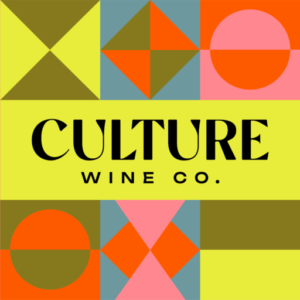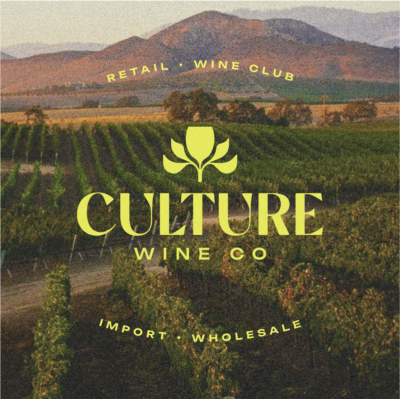
Cape Town. Table Mountain. Safaris. When we think of South Africa, these often come to mind. But what about South African wine? How much do we really know about it and the country’s stunning Winelands?
Black Ownership
Since 2019, there has been a 20% increase in Black-owned wine brands in South Africa. As of 2024, there are around 100 Black-owned wine brands.
Chenin Blanc
Chenin Blanc, also known as Steen (pronounced, STEE-EHN), is the most widely planted grape in South Africa. In fact, more Chenin Blanc is grown here than anywhere else in the world, surpassing the combined plantings of all other wine regions. Learn more here
Pinotage
Pinotage is South Africa’s flagship red grape. A cross between Pinot Noir and Cinsaut, it’s the second most planted red grape after Cabernet Sauvignon. No other country has more than a few acres of Pinotage. Learn more here
Old Vine Project
The Old Vine Project (OVP) aims to preserve South Africa’s old vines. Over 50% of the country’s vines are at least 20 years old, with 10,000 acres of Certified Old Vines (35+ years old). This number is expected to nearly double in the next decade. Learn more here
Bush Vines
South Africa leads the world in bush vine plantings. Ideal for arid areas, bush vines are labor-intensive and need skilled workers, but they offer sun protection with their dense canopy, making them perfect for a warming planet. Their smaller canopies need less water to maintain them, and the developing fruit sees dappled sunlight. But not all varieties do well as bush vines. Syrah struggles because fragile stems can snap. An alternative is to not grow the vine as a vertically shoot positioned canopy, but instead let it sprawl a bit, like the single-wire umbrella spread often used in Australia. Again, this allows dappled light to reach the fruit. Learn more here
Cap Classique
Cap Classique, or Methode Cap Classique, is the South African term for sparkling wine made in the ‘Traditional’ or ‘Chamapagne’ method. Some of the best sparkling wines in the world are made in South Africa, and often have much longer aging on the lees – providing texture, concentration, and nuance. Check out Genevieve’s page to learn about one of our favorite producers, or learn more here about Cap Classique.
Dessert Wines
In the 18th century, South African dessert wines were among the world’s most famous, rivaling Hungarian Tokaji and French Sauternes. Although the phylloxera epidemic in the late 19th century changed this, South Africa still produces exceptional sweet wines using methods similar to those for Porto, including Syrah, Pinotage, Tinta Barroca, and Touriga Nacional. A sherry-style wine made using the Spanish solera system and a Muscat brandy known as Jerepigo are also notable.
Cape Floral Kingdom
Almost all South African wines are grown in the “Cape Floral Kingdom,” a UNESCO-listed biodiversity hotspot. It’s the smallest and richest of the world’s six Floral Kingdoms, with 70% of its plants being native and found nowhere else in the world. Learn more here
Oldest Soils in the World
South Africa boasts the world’s oldest soils, over 400 million years old. These ancient soils contribute to the unique characteristics of South African wines.
The Sustainability Seal
Over 95% of South African wineries follow sustainable practices. Since the 2010 vintage, wines have been labeled with “The Seal,” certifying sustainable production, bottling within South Africa, and 100% South African origin. Learn more here
Breathtaking Winelands
South Africa’s wine regions are some of the world’s most beautiful. Most of the Cape’s 18 official wine routes and two brandy routes are within an hour’s drive from Cape Town, making them easily accessible. Learn more here
Wine of Origin Scheme
Unlike other appellation systems, South Africa’s Wine of Origin program only defines wine regions for labeling. This means producers have the freedom and flexibility to create the wine they feel is right for their goals – rather than a proposed style per region from a legislative board (Like Burgundy, Chianti, or Rioja). The term ‘Wine of Origin’ or ‘W.O.’ with a production area name ensures that 100% of the grapes are from that specific area. Learn more here



